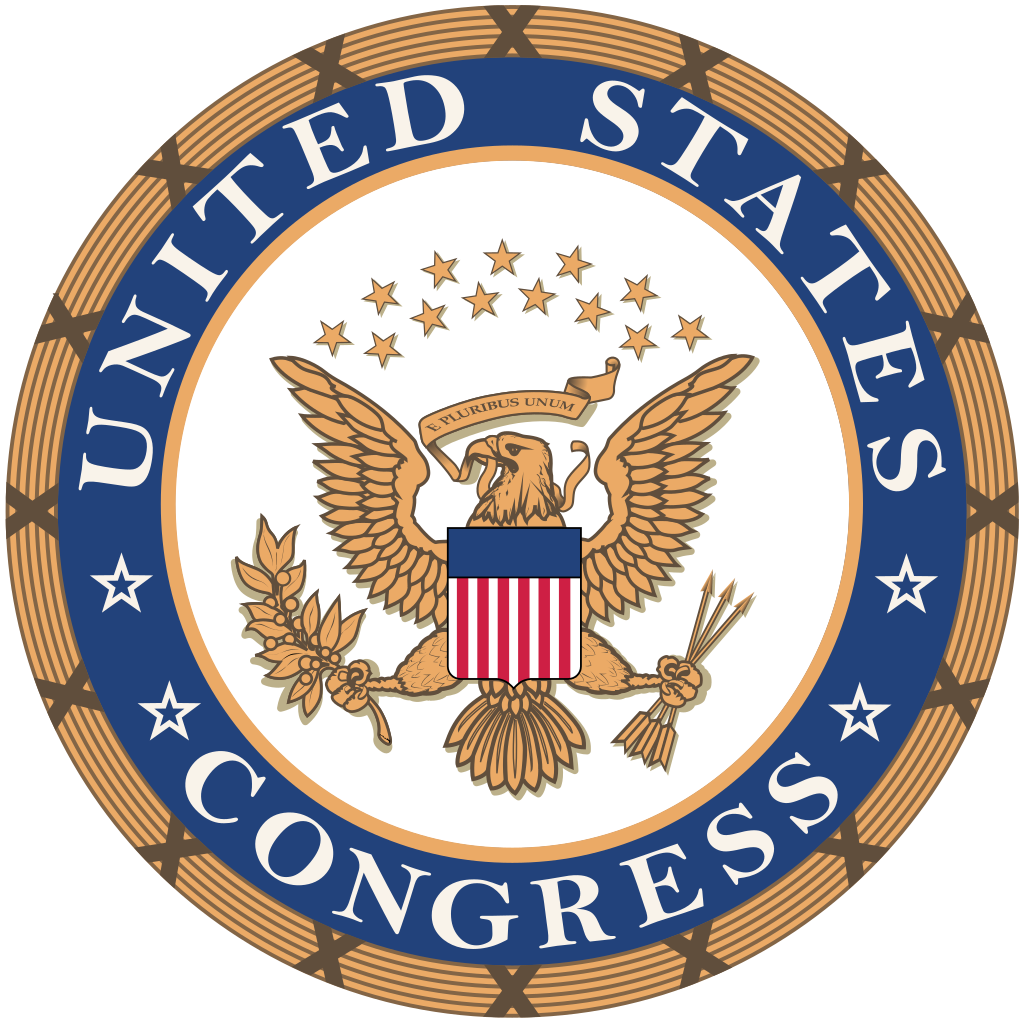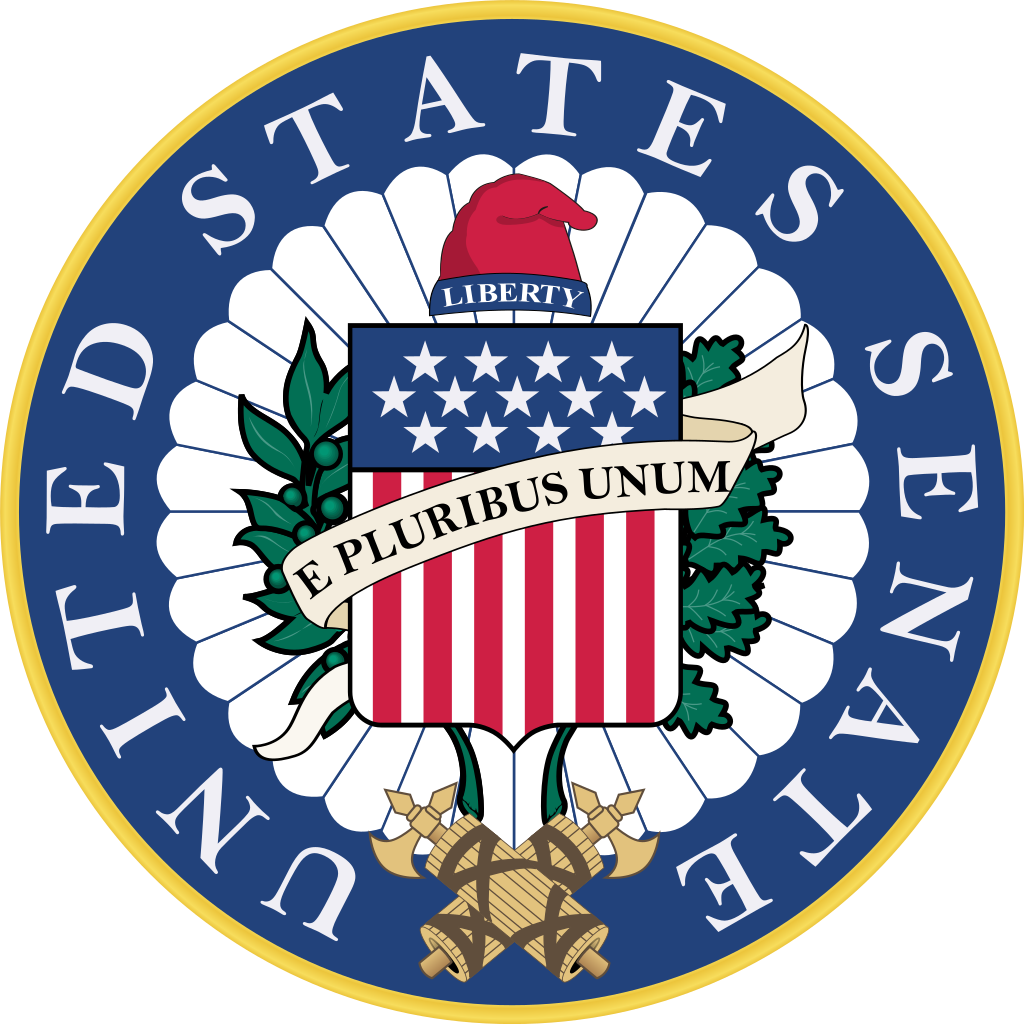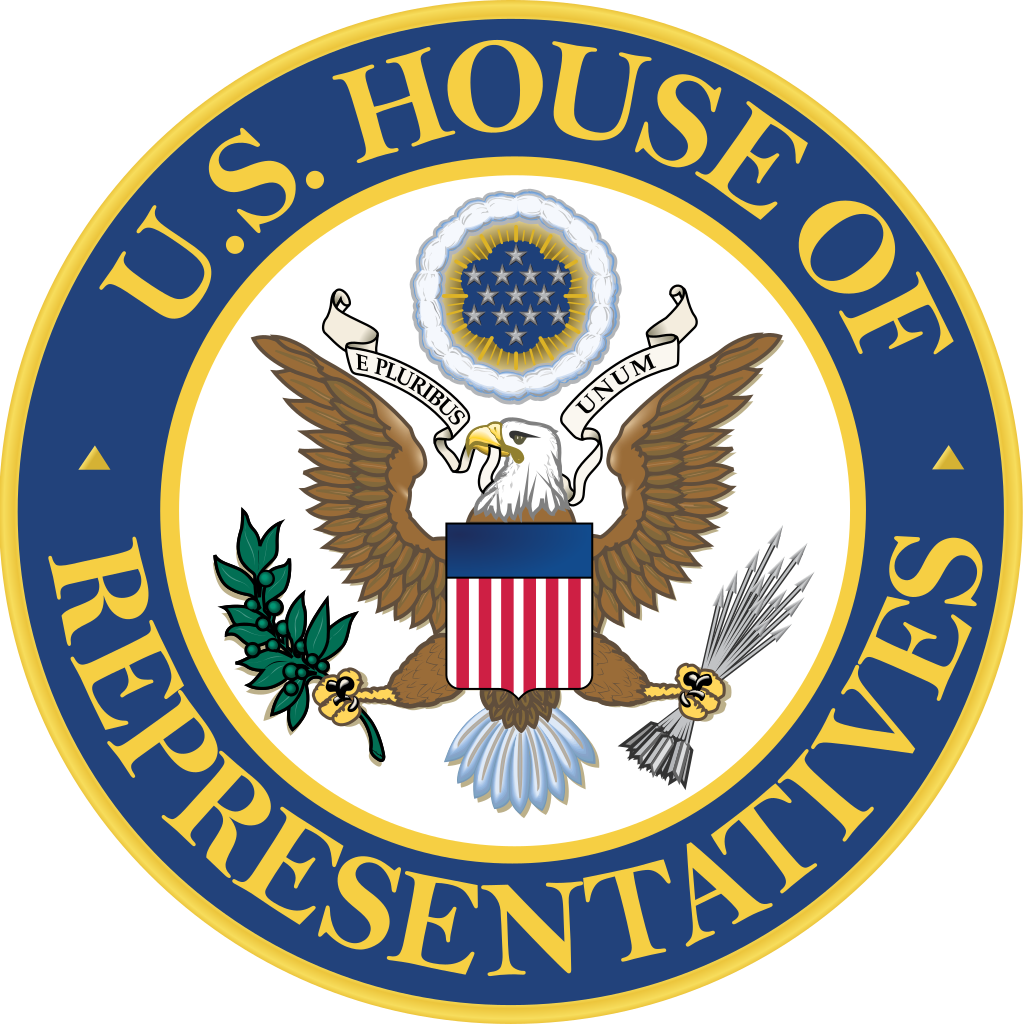- Jul 12, 2018
- 10,533

| 
UNITED STATES SENATE | 
|
| TREATY DOC. 109-1 | TREATY RATIFICATION | JULY 2005 |
|
TREATY DOCUMENT 109-1
American-Ethiopian Agreement of Free Navigation of 2005
Between the United States of America and the Federal Democratic Republic of Ethiopia.

| American-Ethiopian Agreement of Free Navigation of 2005 | 
|
CONTEXT
The American-Ethiopian Agreement of Free Navigation of 2005 is between the United States of America (also referred to as the United States) and the Federal Democratic Republic of Ethiopia (also referred to as Ethiopia). This treaty is meant to foster a spirit of understanding between the United States and Ethiopia regarding free navigation to and from the Red Sea. Neither this treaty nor any article or item within it is meant to negate the International Law of The Sea.ARTICLE 1
FREE NAVIGATION IN THE BAB-EL-MANDEB STRAIT
1.1 The Federal Democratic Republic of Ethiopia (or any agents acting on Ethiopia's behalf) will not interfere, obstruct, or delay the transit of surface vessels, submarines, or aircraft that are operated by the United States military, the United States Coast Guard, the United States government, or any governmental agency or entity that is under the control of the United States government through the Bab-El-Mandeb Strait, or interfere with the United States accessing the Bab-El-Mandeb Strait.FREE NAVIGATION IN THE BAB-EL-MANDEB STRAIT
ARTICLE 2
FREE NAVIGATION OF THE RED SEA
2.1 The Federal Democratic Republic of Ethiopia (or any agents acting on Ethiopia's behalf) will not interfere, obstruct, or delay the transit of surface vessels, submarines, or aircraft that are operated by the United States military, the United States Coast Guard, the United States government, or any governmental agency or entity that is under the control of the United States government through the Red Sea, or interfere with the United States accessing the Red Sea.FREE NAVIGATION OF THE RED SEA
ARTICLE 3
FREE NAVIGATION OF THE GULF OF ADEN
3.1 The Federal Democratic Republic of Ethiopia (or any agents acting on Ethiopia's behalf) will not interfere, obstruct, or delay the transit of surface vessels, submarines, or aircraft that are operated by the United States military, the United States Coast Guard, the United States government, or any governmental agency or entity that is under the control of the United States government through the Gulf of Aden, or interfere with the United States accessing the Gulf of Aden.FREE NAVIGATION OF THE GULF OF ADEN
Signed for the United States of America,
Benjamin V. Sinclair
President of the United States
Signed for the Federal Democratic Republic of Ethiopia,
Sahle-Work Zewde
President of Ethiopia
I confirm that the Senate has granted its consent to this treaty.
For The Senate,
Richard Blumenthal
President of The Senate








